All that Jazz (1979)
“I try to give you everything I can give.”
|
Synopsis: |
|
Genres, Themes, Actors, and Directors:
Response to Peary’s Review: … but “once Scheider has his attack that sends him to the hospital”: … “the picture deteriorates into a never-ending wave of self-indulgence” and “you really get to hate Scheider’s character.” He further adds that the “‘Bye Bye, Life’ finale, during which Fosse, Scheider, and company do to the Everly Brothers what TV commercial jingles do to many of our standards, is perhaps the most annoying production number in cinema history” (I disagree): Peary asserts that this “picture will be enjoyed most by those involved in theater or film,” which is surely true — but I think he massively undersells this uniquely crafted, one-of-a-kind musical drama. Scheider’s self-depracating, pathologically perfectionistic character is put on full display, and it’s refreshing to see his personal demons inextricably interwoven with his creative genius. We get an unfiltered (albeit highly stylized) glimpse at the costs of being driven by your art, the sacrifices an artist makes because they don’t see any other way ahead, and the collateral damage that inevitably occurs all around them. Gideon is so creatively obsessed that even his custody time spent with his daughter centers on dancing (which, for the record, she seems to love): I’m increasingly convinced that brilliance of any kind — if pursued fully and relentlessly — comes at a cost. While society benefits from the fruits of genius, the individual and those in their close circle suffer. Obviously, this isn’t always the case: people make trade-offs all the time to prioritize (for instance) their spouse or kids or privacy; but how many examples do we have of generative brilliance coupled with a sane and balanced personal life? Not nearly enough. The reality is that those who seek fame and creative satisfaction often sacrifice their health by — for instance — over-relying on drugs and adrenaline to get by (as we see oh-so-clearly in this film) while wreaking emotional havoc on the people who love them and can’t quit them. Joe Gideon doesn’t get away with anything by the end — he’s all-too-mortal — but at least we know he’s had a hell of a visionary time until then. Notable Performances, Qualities, and Moments:
Must See? Categories
(Listed in 1001 Movies You Must See Before You Die) Links: |
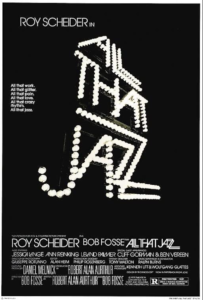
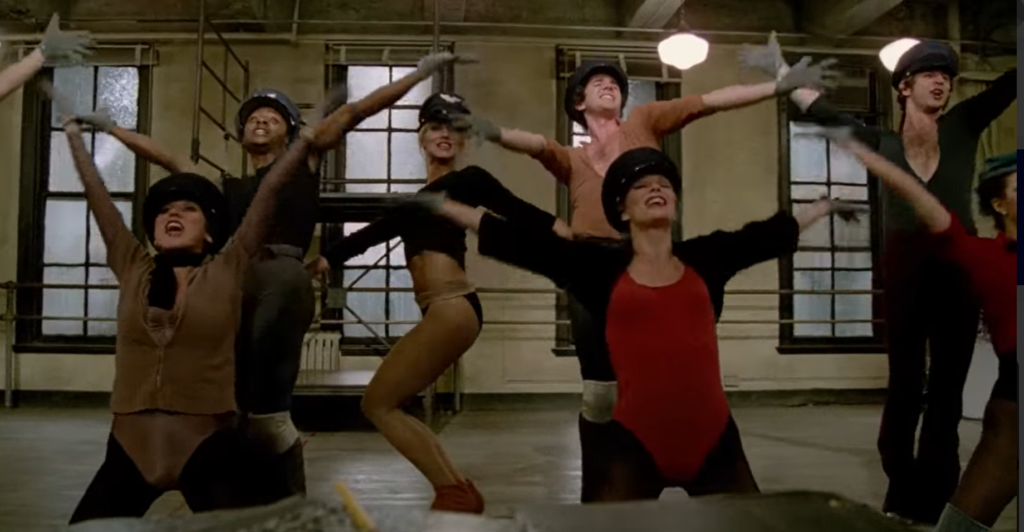
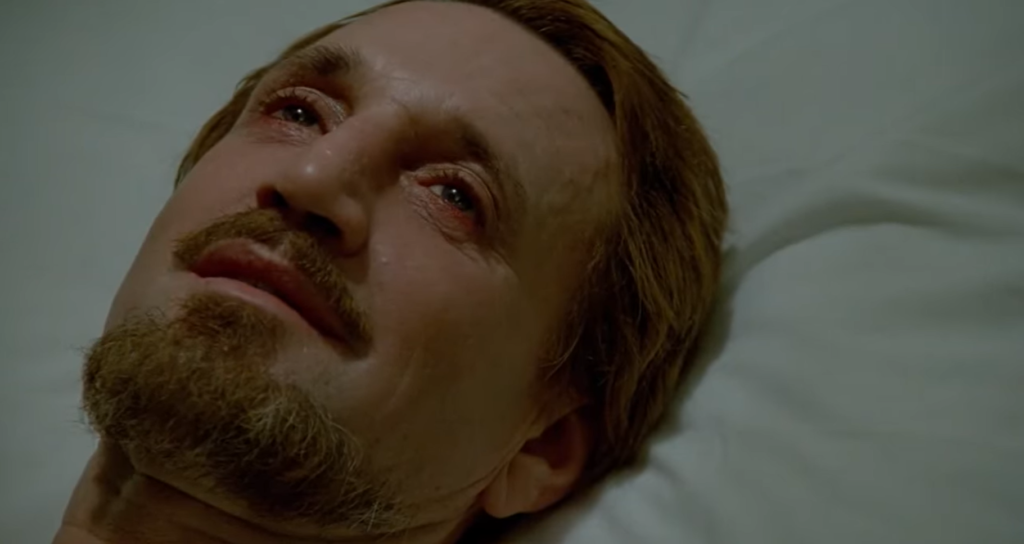
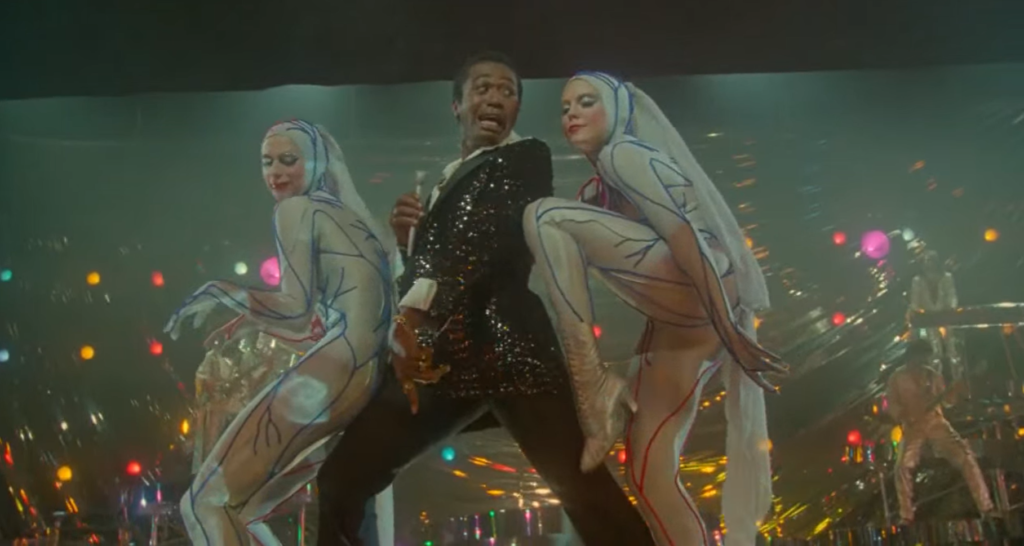
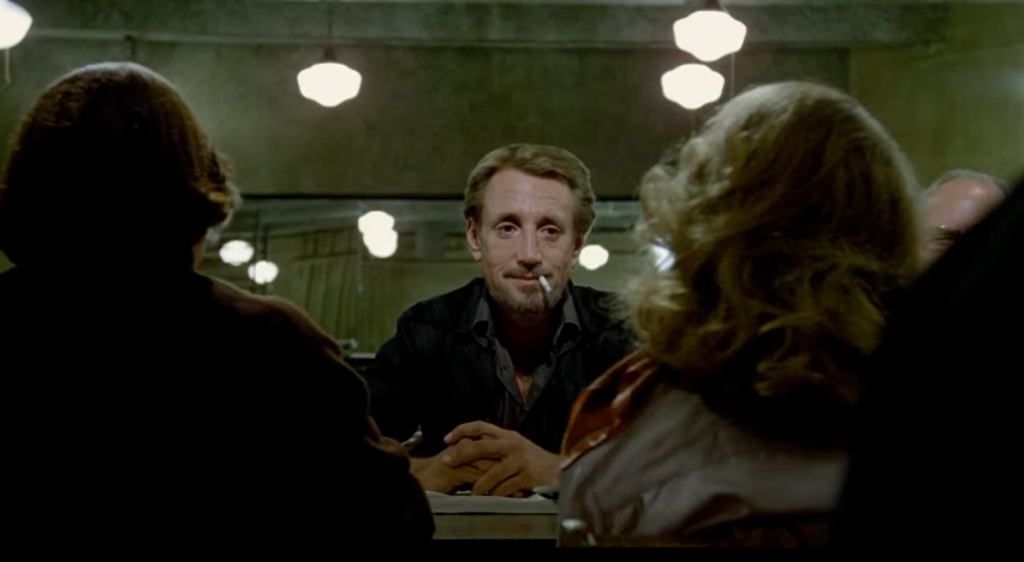
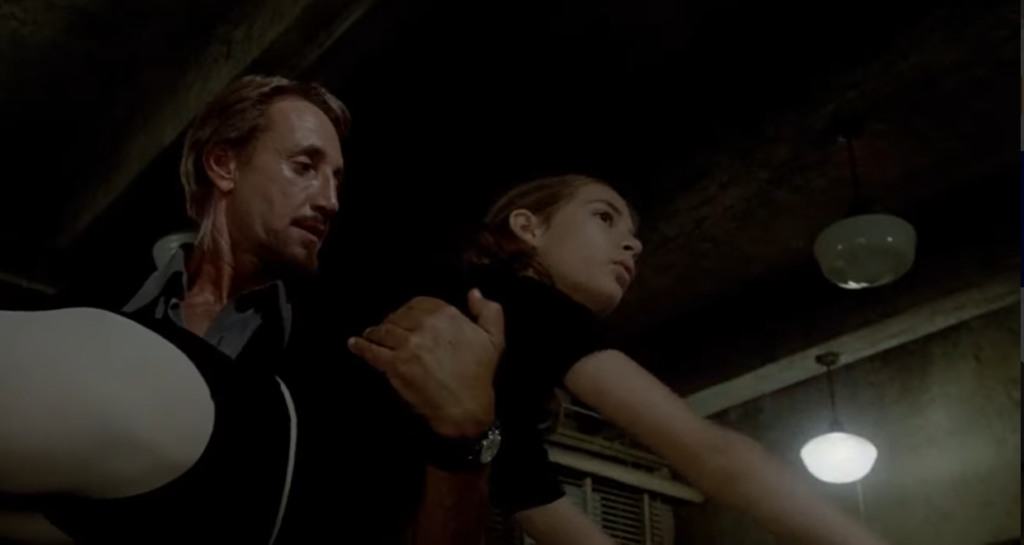
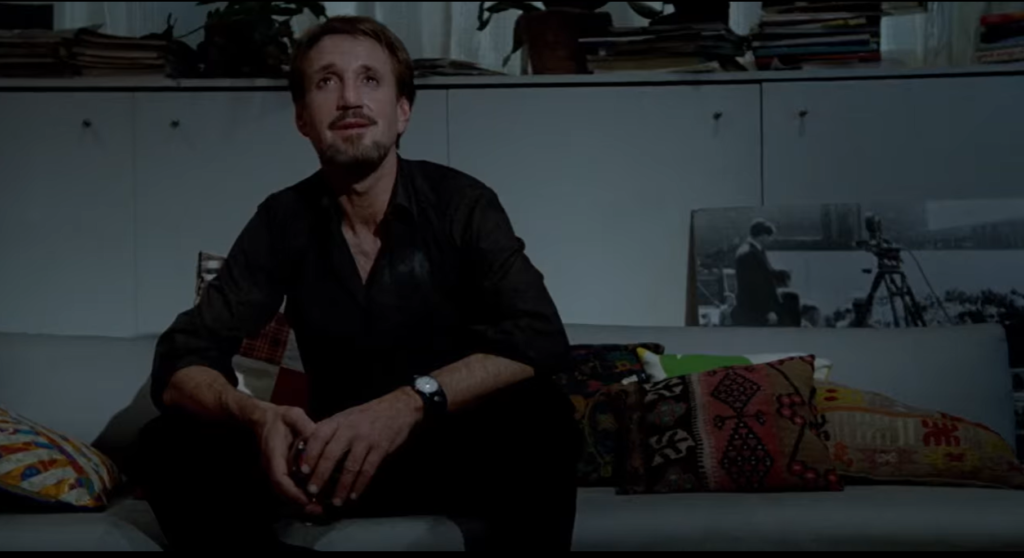
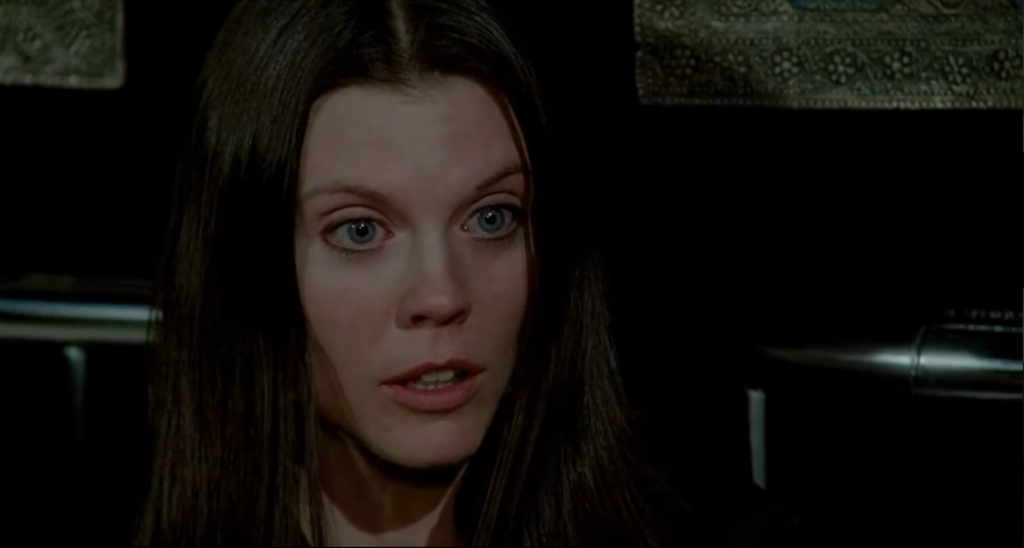
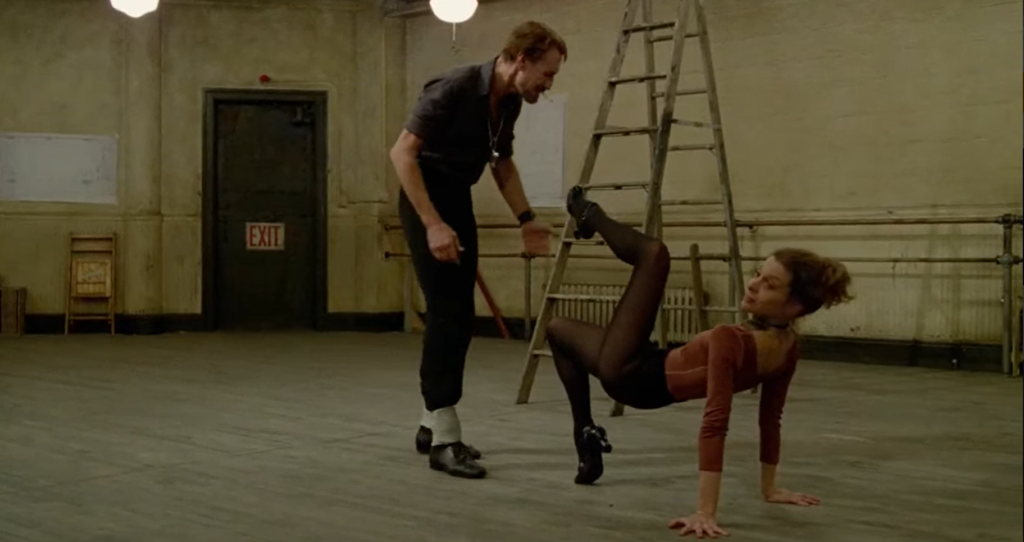
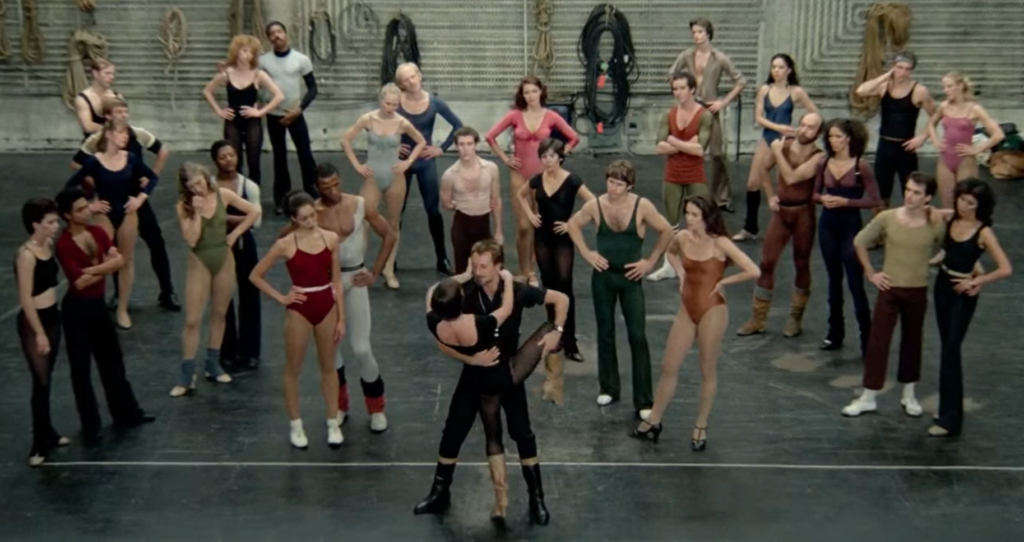
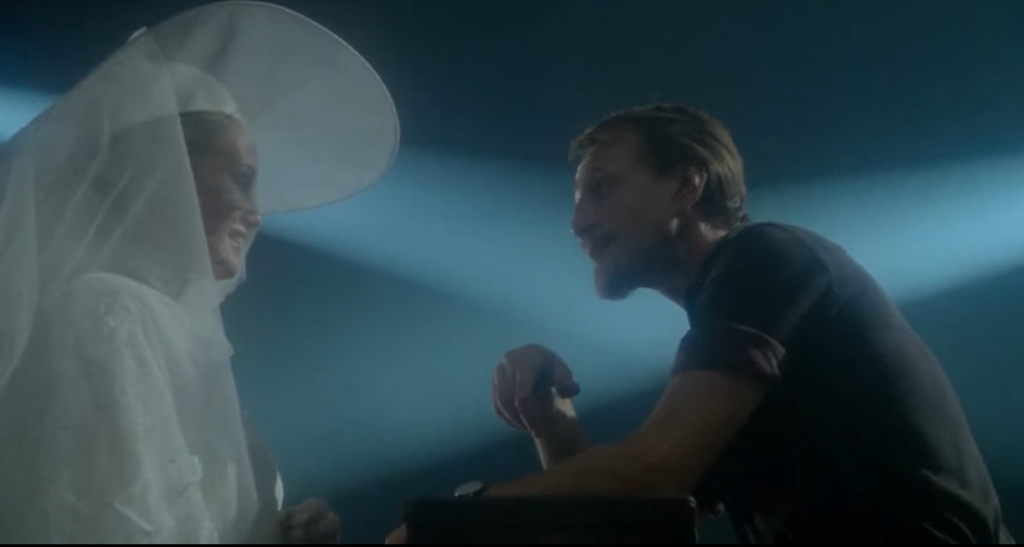
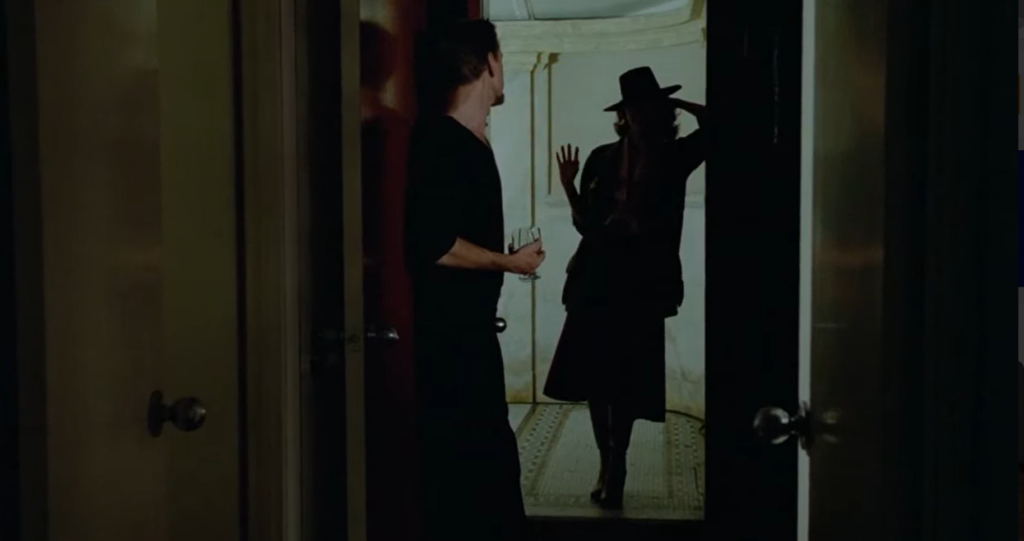
One thought on “All that Jazz (1979)”
A once-must.
I’m generally in agreement with the assessment given. Its points are well-made re: “the costs of being driven by your art” and this film illustrates that successfully – though, of course, Joe Gideon is a unique case; there are lots of artists who aren’t quite as pathologically “driven”.
As well, Reinking remarked in a blu-ray extra that she had asked Fosse why he chose (for his ‘autobiographical’ portrait) to make his character much less nice than he really was. His response was along the lines of “That would be less compelling.”
On a rewatch, I find that – more than anything else the film has to offer – I’m quite taken with the variety on hand when it comes to the dance sequences. They are truly remarkable and alone worth the watch. We never had another choreographer like Fosse.
Those interested in a more accurate look at Fosse’s own character can be pointed in the direction of the much-recommended miniseries ‘Fosse / Verdon’.